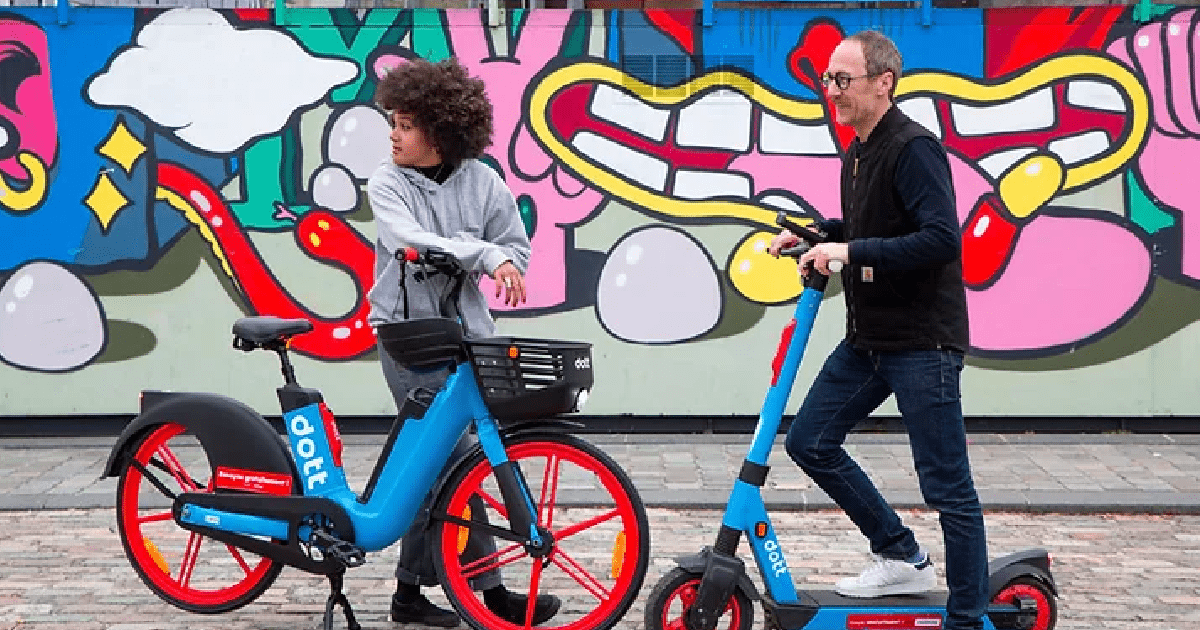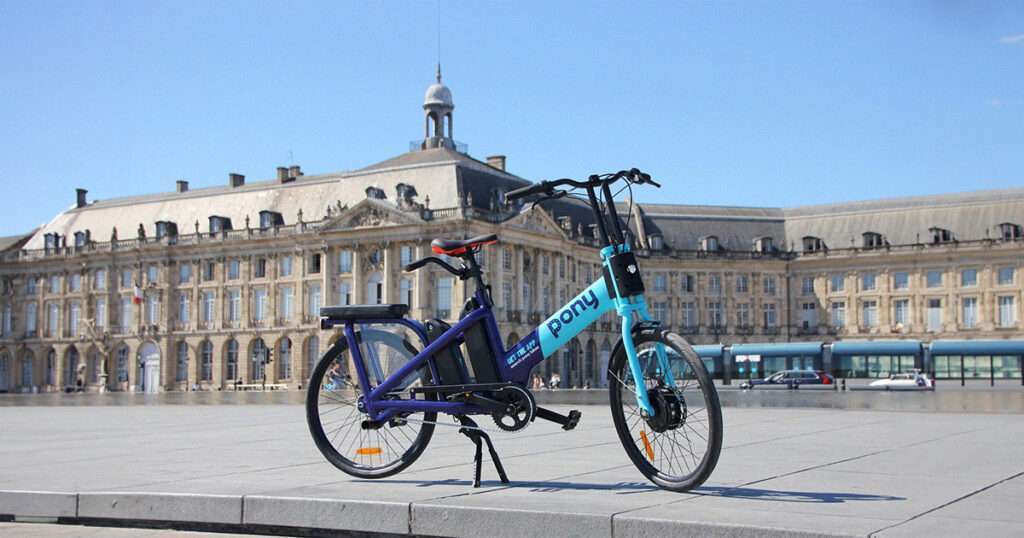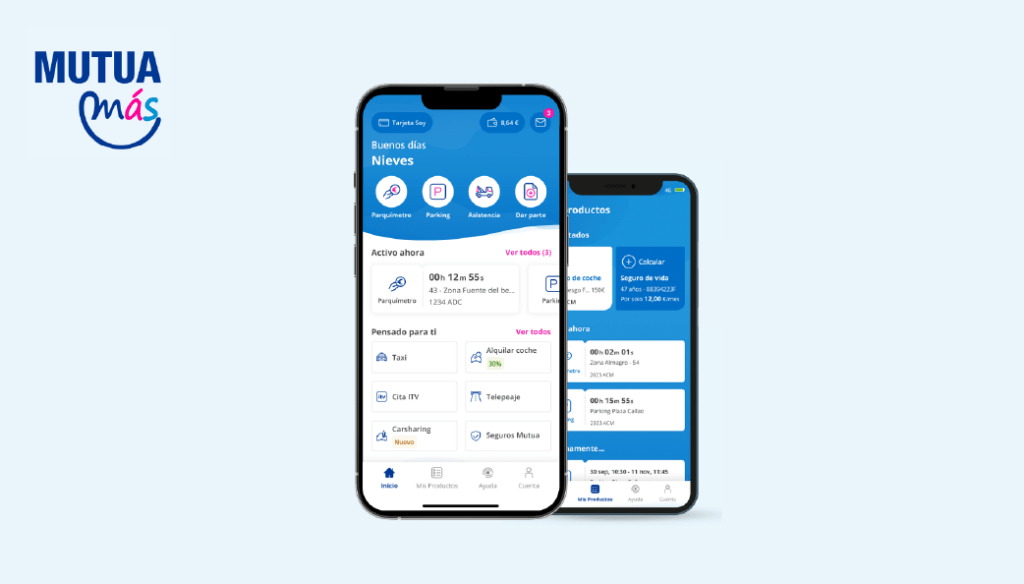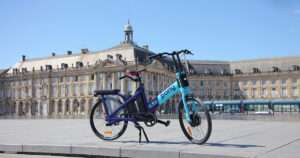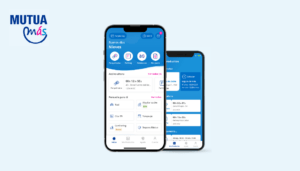By 2030, mobility issues will mainly focus on the question of future transportation solutions. By then, 2 scenarios are emerging, one of which is largely supported by Assurtech: the “Mobility Boom” plan. This one is progressing with the adoption of so-called active and soft transport (bike, scooter, electric car, and car-sharing). However, it seems that soft mobility is already a subject of debate, whether it is through incivilities or accidents. Indeed, in 2021, there was a 23% increase in accidents related to scooters and 226 deaths for bicycles. New risks mean new problems to deal with, opening the door to new services. In this way, Assurtech is entering the insurance market and reaching out to users where the 440 traditional French organizations sometimes fail…
More complete and innovative offers
Soft mobility is now the new niche of Assurtech startups, a bold but very promising bet, particularly because of its new issues. This is a welcome move for all these new types of transport, which are not yet insured. It is also good news for the insurance sector, which is always looking for innovations that require a certain framework. New laws are now being introduced in line with the latest issues. For example, a recent decree obliges any private individual owning a personal motorized vehicle (PMV) to insure it. New solutions allow an accompaniment on several levels. First of all, security and insurance in case of an accident, which the startup Luko has taken advantage of to offer a new type of service.
Initially offering home insurance solutions, the young unicorn Luko launched in 2018, is constantly looking for opportunities to evolve to meet the needs of its customers. Thus, in October 2018, a few months after its first steps, it proposes a mobility offer: the “very first scooter insurance” and EDPM on the market. A new form of flexibility, the number 1 criterion of consumers. The subscription, as well as the cancellation, is done on the internet in less than 2 minutes. Simple and fast, this scooter insurance is a model of modern insurance. This is illustrated by a 100% digital customer experience, optimized from the administrative steps to the management of claims. With Luko, you can subscribe to a contract anywhere, anytime, and for the duration, you decide, whether it’s for 1 month, 1 week, 1 day… It is also collaborative. To get closer to the customer and his needs, a voting system has been set up to collect the expectations of the insured.
Thanks to certain proximity with their policyholders and hyper digitization, neo-insurers can be innovative and renew their offers more quickly. For these modern players, the diversification of services is a “must-have” since it allows them to stand out from others with a more complete offer.
Flexibility in focus
Another of the main assets of Assurtech is to bring to the insurance world a more flexible model of formulas. This is the challenge that Moonshot Insurance, part of the Société Générale group, decided to take up. For the benefit of mobility providers, Moonshot continues to innovate in order to propose “As-a-Service” solutions. Concerning all types of electric, rentable and car-sharing vehicles, the young Assurtech works to insure the direct users of soft mobility, but also its suppliers facing the possible new types of accidents. The company’s clients include bicycle suppliers, fleet managers (bicycles, scooters), and various EDPMs.
It, therefore, targets the major actors of this new form of mobility, whose risks, needs, and expectations are growing: “unlimited breakage, 24/7 coverage in case of theft, transport joker to get home in case of breakage or theft, handlebar loan…”.
Moonshot also proposes an automatic and fast compensation thanks to the OCR (Optical Character Recognition) technology for the analysis of the supporting documents. Tracking tools and CO² savings, driving scoring, secured parking cards, etc. These features can be found in their white label offer. Easy to implement, all these services are integrated to their REST API, to offer a quick and seamless path to get started.
Hyper-personalization thanks to the study of the customer experience
Another way for insurtechs to stand out from the crowd is through pricing and enrollment terms that are tailored to each profile. Indeed, hyper-personalization is an element that is not only found in the life insurance sector. The support and assistance are also more advanced to guarantee higher customer satisfaction, this is also the case in the mobility sector.
The emergence of telematics in this field has opened the way to new, more flexible, and usage-based insurance consumption methods. This includes personalized pricing based on the time/distance driven (Pay As You Drive) or the driver’s behavior (Pay How You Drive). This is why we are seeing the emergence of “Pay How You Move” insurance solutions, to respond to new modes of mobility consumption. This is the case, for example, of the start-up Datafolio, which specializes in the collection and analysis of data for the benefit of insurers.
Focusing on hyper-personalization, Datafolio stands out among the Assurtechs by using the data transmitted by policyholders in order to offer “usage-based” protection. Thanks to the mobility data that it collects, analyzes, and classifies, it then establishes models of formulas adapted to each consumer profile. These hyper-customized models are then offered to insurers and then to consumers. Thanks to this B2B2C model, the user is no longer limited and can now move towards a multimodal consumption, being insured for both material and physical aspects.
Ensuring all new mobilities regardless of the user’s profile and manageable from a mobile application, Datafolio like other startups brings to the insurance sector a more flexible model of formulas. The solutions proposed by these neo-insurers correspond to each customer personally, established according to his needs and evolving at the same time as him and his consumption.
However, the issues are not the only ones to evolve, the ecosystem of mobility is also in perpetual mutation. With the arrival of new forms of transport such as connected cars, there is a strong chance of seeing real small revolutions appear. An innovation in which the French company Blockchain Xdev wishes to take part. Its project is to propose a passport for connected vehicles, in the form of NFT. As for Datafolio, these systems would allow the observation of users’ behaviors to encourage them to move towards more gentle mobility. This approach would allow Assurtech to further diversify its offers. Imagine a complete insurance package, including risk management, for any type of transportation. With the emergence of “MaaS” applications, it is likely that Assurtech will eventually offer multimodal insurance, which will not be limited to a single-use…
